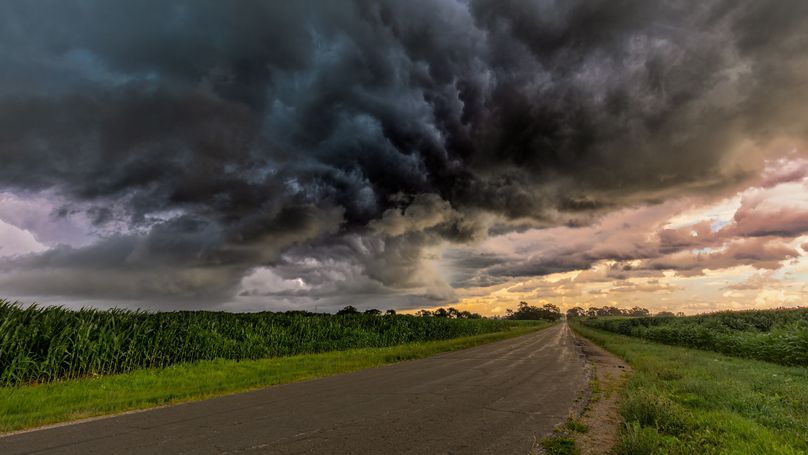For the past two years we have had growing economic pressures arising first from Brexit and then unexpectedly from Covid. We are now all suddenly evaluating the direct and indirect impact of sanctions against Russia following its shocking invasion of Ukraine. These are hitting already-stretched supply chains and driving prices yet higher.
The relative certainties of recent years are over, possibly for a very long time – but what does this mean for natural capital and the people and businesses engaged in its preservation and enhancement?
There are very immediate issues to confront, but the importance of natural capital cannot be ignored for long. Rather than lowering our expectations of what can be achieved by protecting and harnessing our natural assets, we should if anything be redoubling our efforts. We need to look forward, not back.
All businesses depend on the ecosystem in some way. Copious water is needed for most manufacturing processes, with clean water for our health. Without these and other vital services, markets and ultimately life cease to function.
Environmental degradation hits service sectors such as tourism hard – one reason why groups of several descriptions around the world are calling for adequate accounting for and reporting of natural resources.
Climate change presents huge potential uncertainty across the board, but perhaps especially in agriculture and energy production. Unless we address and evaluate the risks, we are unlikely to be able to adapt food production to ensure adequate provision.
War, pandemic and associated disruption are driving change, but do nothing to lessen our dependency on nature – we must account for, evaluate and value the earth’s bounty looking forward. It has to be good business in the longer term.
- Natural Capital: The expert team of advisers at Galbraith guide our clients in realising value in all land uses – by assessing and measuring natural assets, furthering opportunities in biodiversity net gain, and ensuring stakeholders are rewarded fully for their investment in and contribution to delivering ecosystem services and net-zero outcomes.

